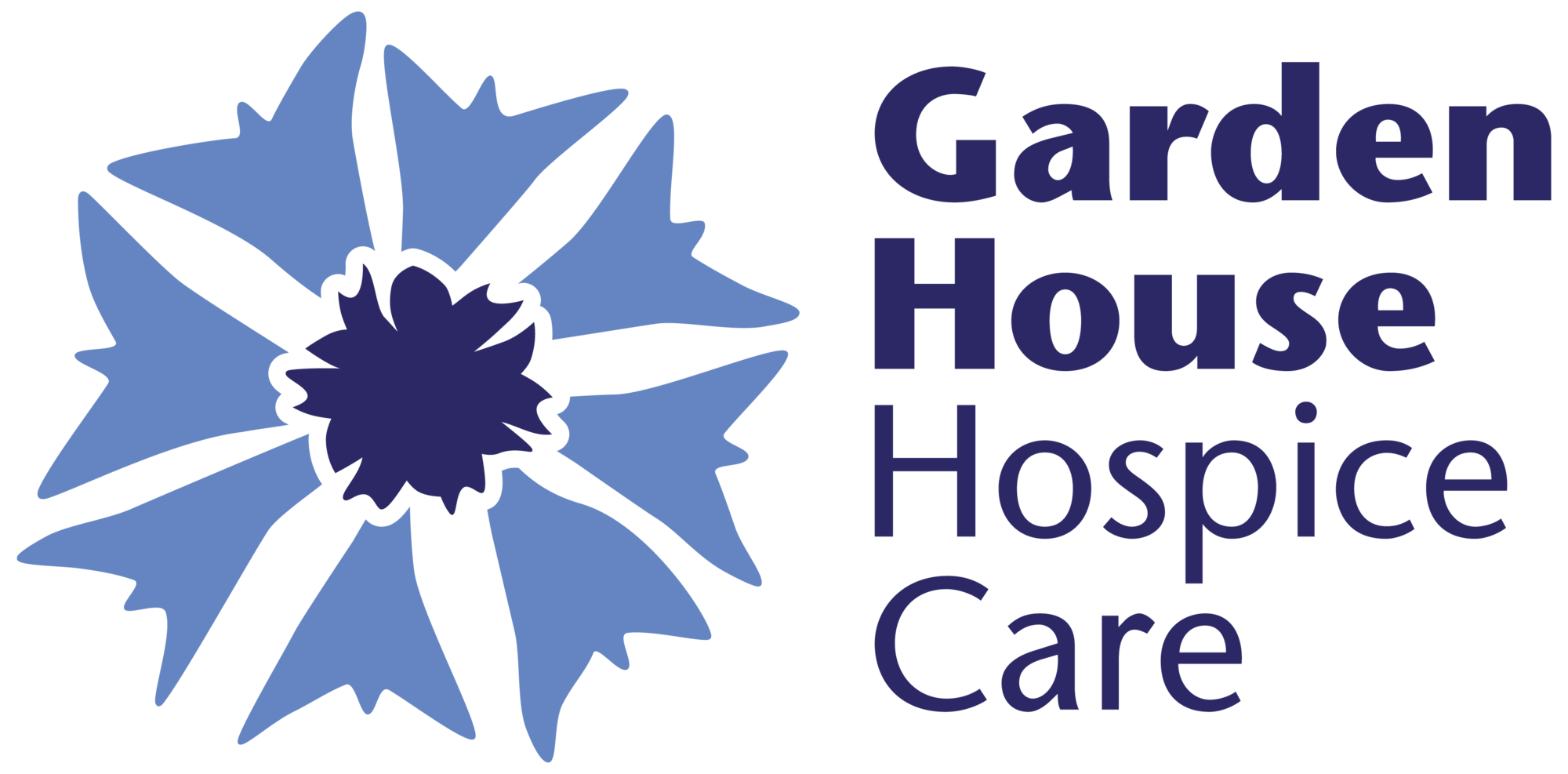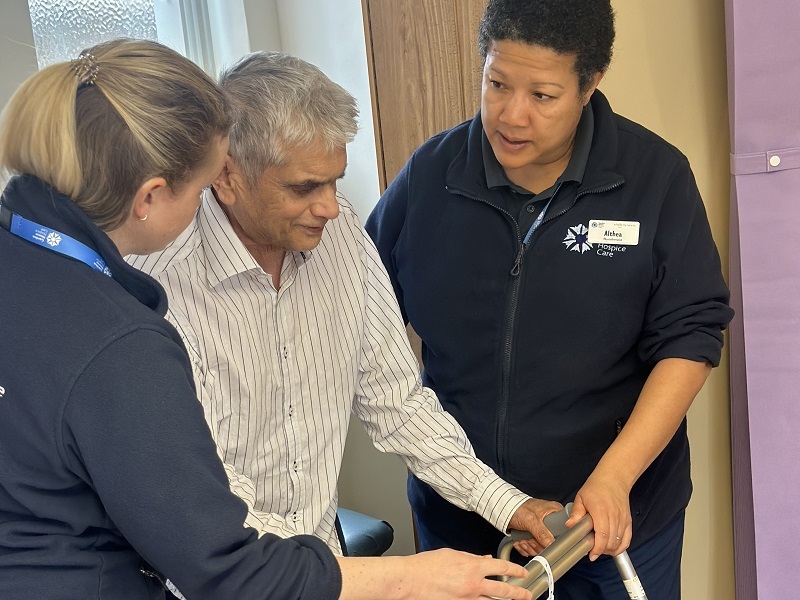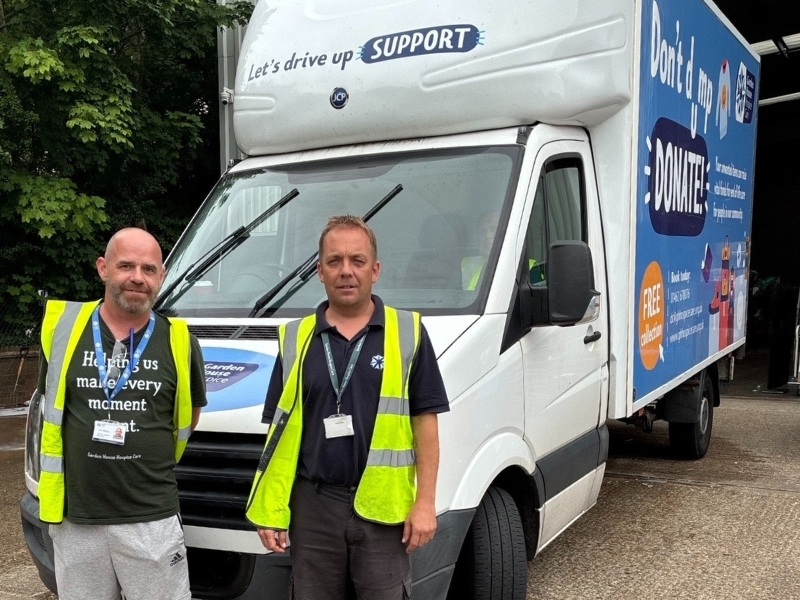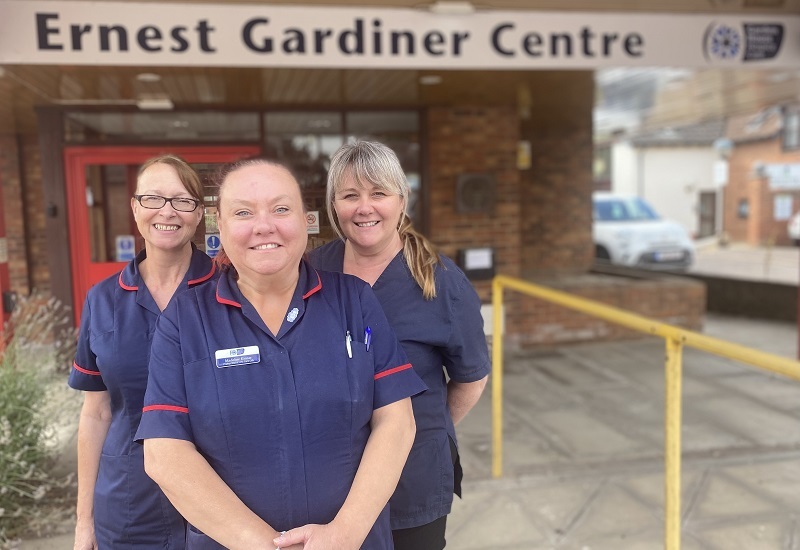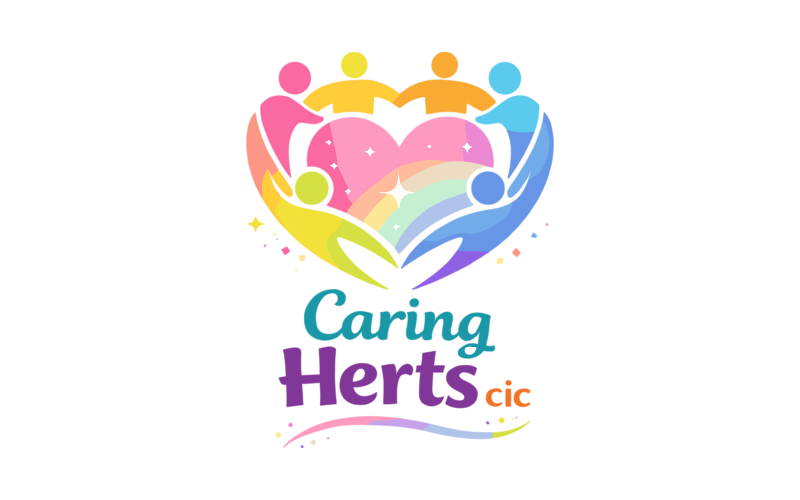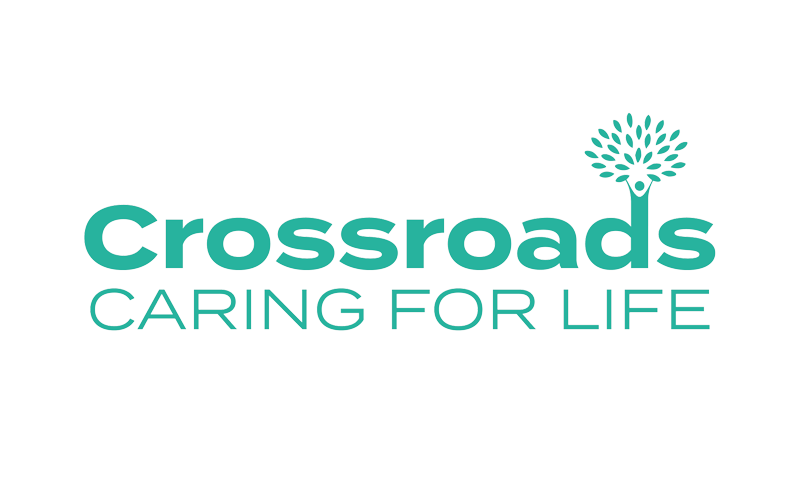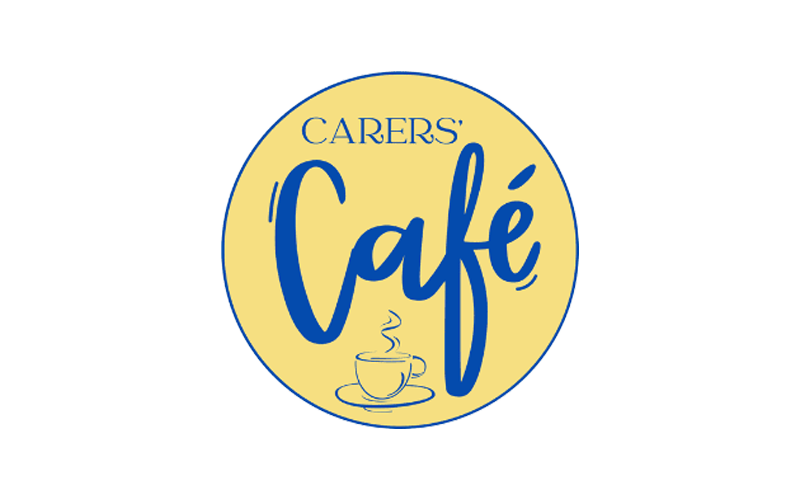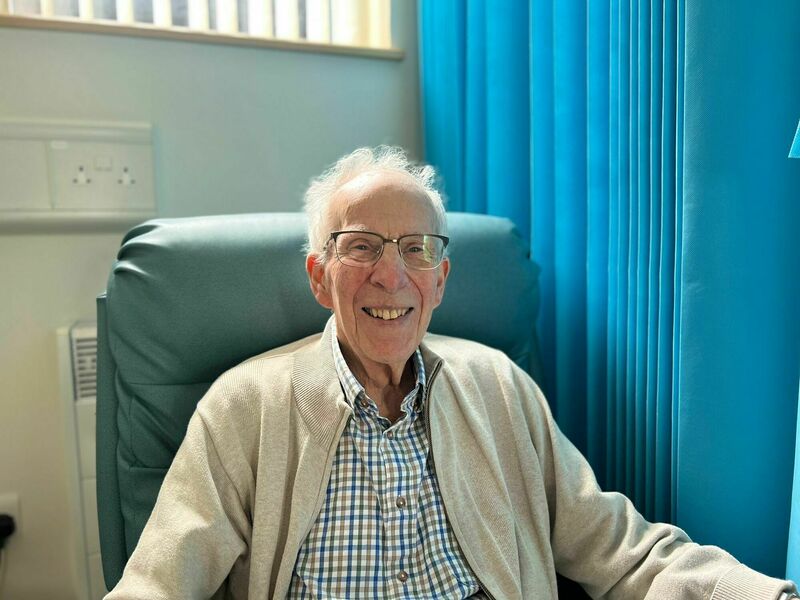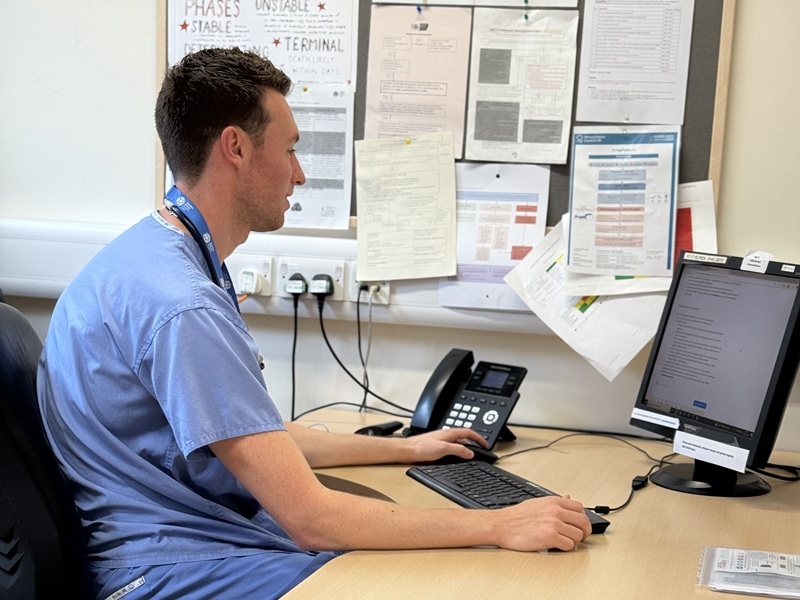Compassionate Neighbours
Garden House Hospice Care is no longer offering this service, but we are here to help you identify alternative sources of support, ensuring you are connected with other local or national organisations that can continue to offer companionship, wellbeing or specialist dementia care.
Organisations you may wish to contact for future support include:
Please note that you will need to contact these organisations directly to register your interest. Garden House Hospice Care will not share any personal information or data with other organisations. If you have any questions, please call us on 01462 679540 or email enquiries@ghhospicecare.org.uk.
